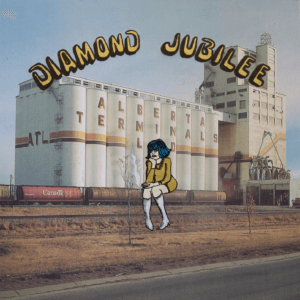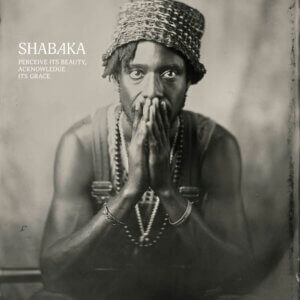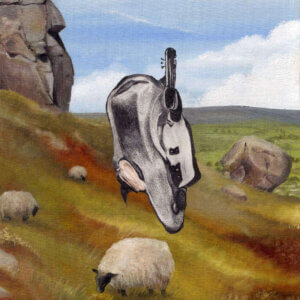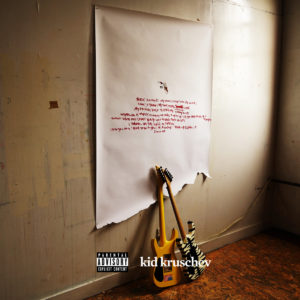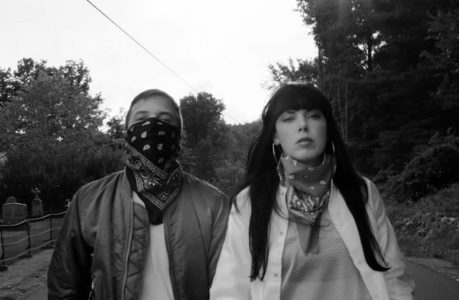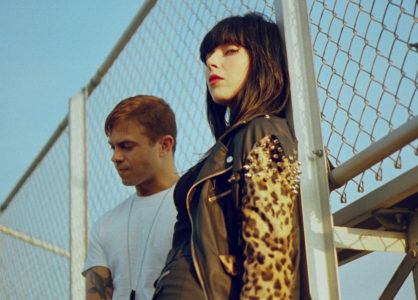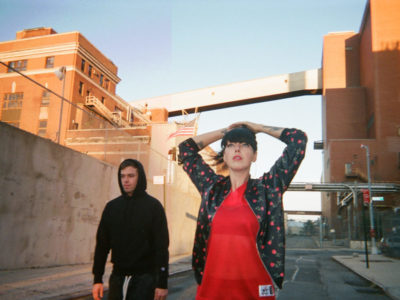Our interview with Sleigh Bells

Sleigh Bells’ singer Alexis Krauss is excited to release the album that she and songwriting partner Derek Miller wanted to make. The duo, who are known for their unlikely yet enormously successful combination of serrated guitars, electronic beats, and bright pop vocals, have gone out of their way to take risks on their new album Jessica Rabbit, and are even releasing the album on their own Torn Clean label as a way of filtering out any distracting music industry concerns. Although they have used this freedom to create music that is on one hand more abrasive and jarring, they have also brought in producer Mike Elizondo to help bring some pop savvy to what had previously been their extremely insular craft. Northern Transmissions spoke with Ms. Krauss on the eve of the album’s release.
Northern Transmissions: How were you interacting with the music that Sleigh Bells have created in the past on Jessica Rabbit? How were you trying to move beyond it, and how were you trying to preserve a sense of identity?
Alexis Krauss: In hindsight it’s easy to make broad sweeping statements about the concepts of each record and what we were trying to do, but while we were making Jessica Rabbit it didn’t feel like we had any sort of grand plan or strategy, or were thinking about the music we had made in the past. It was a natural evolution for us. It was really just the result of time and working on each track for a much longer period than we had before. It took us about three years to make. There’s a lot more attention to detail and a lot more time spent working on arrangements, as well as not being concerned with conventional arrangements and experimenting with time changes in a way we haven’t done. I think this record is confrontational, and certainly self-indulgent. It’s really the record that we wanted to make. We put it out on our own label because we wanted to be able to make those creative decisions and not have people say ‘well, I dunno, this arrangement is kind of crazy’ or ‘I don’t know if it’s radio friendly’. Ultimately we said ‘Fuck it’ and put out the album that was strange and idiosyncratic.
I’ve become much more involved in the songwriting process than I was when Truth came out. The way I’m using my voice is much more emotional and assertive and less textural. It feels right to us, but I do understand that it’s a departure from our initial recordings, and as a band we are asking a lot of our fans to come on this journey with us.
NT: What did Mike Elizondo bring to the table?
AK: We recorded several more tracks with Mike than made it on the record, but his influence can’t be overstated. He’s a phenomenal musician, a phenomenal human being, and for a band that had been very protective of the process and very closed off to outside collaboration he was able to make us feel very comfortable, and we really trusted him. He doesn’t offer an effusive amount of input. He listens very carefully and makes very smart, efficient suggestions. I remember working on “Baptisim” with him, which was one of the first songs we recorded for the album. All these little micro-decisions had been made and one day he was like ‘you know what, you guys need to write a chorus for this’. It’s one of the most obvious things you could tell a songwriter. We were saying ‘It does have a chorus!’ and he was like ‘No, it doesn’t’, and we’re like ‘Ok, yeah, you’re right’. So we wrote a chorus for the song and because of that it’s on the record. He has this insight into music that’s informed by being a great pop producer and writer for people like Dr. Dre and Fiona Apple. So, he gets it, he knows how to write a great song. But he also knows his artists and respects what they do. He’s not out to turn it into something formulaic.
NT: You mentioned that it took three years to record Jessica rabbit. Did you find that process trying or were you happy to be taking your time?
AK: I think it was a bit of both. Ultimately time proved to be the best thing for this album. But the fact that we had gotten used to putting out records at a quicker pace, and touring, and just moving, made us feel like a shark; if you’re not swimming you’re dying. There were definitely periods of ‘What’s going on?’, where there was a lot of uncertainty in the air and lack of momentum. Not for us as songwriters or musicians, but just from the space around us. Trying to figure out the best partner for the record, how to release the record, the best songs to put on the record. There were periods where it felt pretty bleak, just stuck in limbo. But in hindsight looking back on all those periods of uncertainty and sluggishness I wouldn’t really change any of it because out of those times came different songs. We were able to get some perspective and clarity on what we had done.
NT: Right. You also mentioned that you’re singing is more emotional. What sort of emotions did you feel like you were dealing with on the album?
AK: Sometimes Derek will send me lyrics in an unedited, stream of consciousness way, and I sort of mine for the best ideas and write with those. But on a song like “I Know Not to Count on You”, he sent me just this one verse, and it was just perfect. It said everything it needed to say. I remember sitting on the couch outside of the main room of the studio and we recorded this idea as it was into Garage Band, and we actually ended up using that demo vocal because it just felt perfect. But that’s a really sad, lonely lyric, and I think that the vocal is just trying to be right there with that emotion. But some of the stuff is much more manic. “Rule Number One”, I remember just trying to put myself in this schizophrenic frame of mind and I wanted the vocal to reflect that. On other songs, I was really just trying to make my voice match the fear of the track. I like the idea of using my voice in a really cathartic, desperate way. That’s what I admire most in some of my favourite singers; when they sound like they are about to break.
NT: Ideally, when your fans hear the record, what do you want them to take from it?
AK: I want them to feel like this record was made without limitations or constructs. I want them to feel a sense of adventure, and boldness. I think when you listen to a lot of music, especially when it’s made for the radio, it feels kind of formulaic. So I want them to get the sense that we just said ‘fuck it’ with this one. That it was really just us throwing all that to the wind and saying ‘This is how we’re feeling, and this music is impulsive and brave’. I think there is more of a dynamic range on this record, which I’m proud of.
NT: Alright, I have one last question for you. What is the significance of the title Jessica Rabbit?
AK: This is kind of top-secret. It’s something that Derek and I have decided we’re not really going to make public. It’s kind of an absurd title, but I encourage people to think more abstractly about it; the idea of something that’s sort of untouchable
NT: It’s intriguing to preserve the mystery.
AK: Exactly.
interview by Jake Fox
Latest Reviews
Tracks
Advertisement
Looking for something new to listen to?
Sign up to our all-new newsletter for top-notch reviews, news, videos and playlists.

